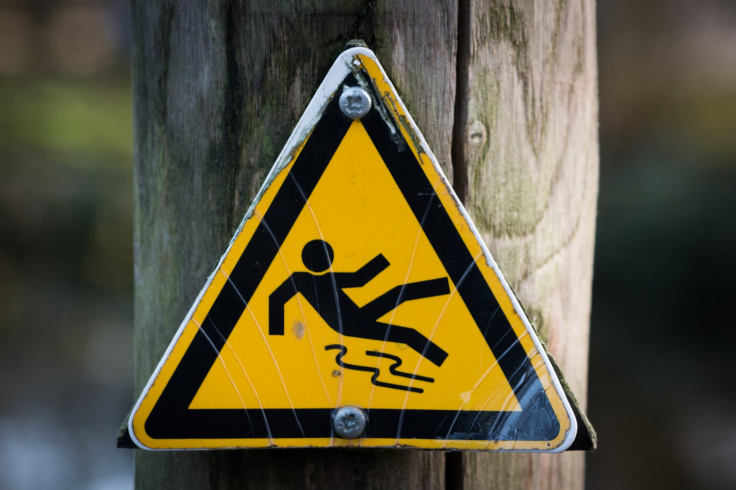
Slipping and falling in public isn't only painful to the body but also your ego. The slip and fall law applies to harmed individuals because of dangerous conditions that caused them to fall to the ground.
Falling to the ground and a bruised ego doesn't automatically give you the right to claim property ownership. Several factors come into play before you approach an attorney with a slip and fall claim.
According to the National Safety Council (NSC) statistics, more than 134 workers were killed after same-level falls in 2016. If you're a victim of a fall and you need an experienced lawyer to represent you in such a case, it's in your best interests to get a quote now from personal injury law specialists.
What to Do After a Slipping and Falling Accident
After a fall, your instinct is to get up as quickly as possible, pretend that nothing's wrong, and get as far away as possible. It's wise not to get up quickly. Check yourself and slowly get up. Don't take the blame on yourself as it could be used against you.
You need to report the incident to the owner of the property and get medical attention. Let the medical practitioner know precisely what happened, where it occurred, and what injuries you sustained. This will establish a link between your fall and your injuries.
If there were witnesses, you must get their contact details and pictures or video footage of the dangerous or hazardous conditions that caused your fall. You can even record what happened on your mobile device's voice recorder while the events are still fresh.
Your Claim
Your slip and fall claim should be filed with the property owner's insurance company.
The insurance adjuster will contact you to give a statement, but it's advisable to first get into contact with your legal representatives for assistance before committing to any statements.
Calculate the full amount of your claim by including medical bills and money lost on your salary due to time off work. Multiply your total by one to five times for pain and suffering. The amount you choose (between one to five) will depend on the severity of your injuries and how traumatic the incident was.
Claim for every expense incurred, whether your medical insurance paid it or not. Also, include expenditure for transportation to and from your medical check-ups and all medical equipment needed as a result of the injuries.
In Conclusion
The onus lies on you to prove to the insurance company that the property's hazardous situations caused your fall and injuries.
More importantly, you need to prove the property owner was liable to remove the hazards. It's called pre-ordinance of the evidence, meaning the burden to provide proof lies with you.
Anyone can experience a slip and fall scenario or be affected financially by a fall caused by someone's negligence. If you don't do something about it, the next person to fall might be hurt much worse.
A slip and fall lawsuit is not merely about getting compensation for the loss experienced. Make property owners need to be made aware of dangers on their premises and the expenses they can avoid by doing the necessary due diligence.
© Copyright 2025 Mobile & Apps, All rights reserved. Do not reproduce without permission.

















